- :+91 - 89402 62058, +91 76392 89213
- Agilkarai Street, Tirumayam, Tamil Nadu 622507
Infectious Diseases
Infectious diseases are caused by pathogenic microorganisms such as bacteria, viruses, fungi, or parasites. They can spread from person to person, through bites from insects or animals, or through contaminated food and water. Effective prevention, diagnosis, and management are crucial in controlling infectious diseases. Common examples include influenza, tuberculosis, HIV/AIDS, and COVID-19. Strategies for combating infectious diseases include vaccination, proper hygiene practices, antimicrobial medications, and public health measures.

Cardiovascular Disorders
Cardiovascular disorders encompass conditions affecting the heart and blood vessels, including coronary artery disease, heart failure, hypertension, arrhythmias, and peripheral artery disease. Lifestyle changes, such as regular exercise and a heart-healthy diet, are key in prevention. Medications like statins and antihypertensives, interventional procedures, and cardiac rehabilitation contribute to effective management.
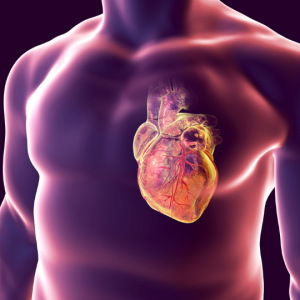
Respiratory Conditions
Respiratory conditions encompass a variety of disorders affecting the lungs and airways. From chronic obstructive pulmonary disease (COPD) to asthma and pneumonia, these conditions can impact breathing and overall respiratory function. Prevention strategies include smoking cessation, vaccinations, and a healthy lifestyle. Management involves medications, lifestyle modifications, and timely interventions to alleviate symptoms and improve quality of life. Early diagnosis and collaboration with healthcare professionals are key in addressing respiratory conditions effectively.
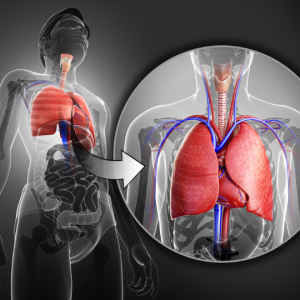
Gastrointestinal Disorders
Gastrointestinal disorders involve issues in the digestive system, ranging from common conditions like acid reflux and irritable bowel syndrome (IBS) to more serious illnesses such as inflammatory bowel disease (IBD) or gastrointestinal bleeding. Symptoms may include abdominal pain, bloating, diarrhea, or constipation. Lifestyle changes, dietary modifications, and medications are often part of management plans. In severe cases, surgical interventions may be necessary.
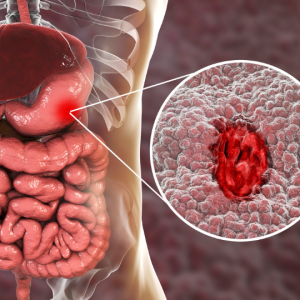
Endocrine disorders
Endocrine disorders disrupt the normal function of hormone-producing glands. Conditions such as diabetes mellitus involve impaired blood sugar regulation, while thyroid disorders, like hypothyroidism or hyperthyroidism, affect metabolism. Adrenal disorders, including Addison's disease, impact hormone production, and polycystic ovary syndrome (PCOS) leads to hormonal imbalances in women. Osteoporosis, characterized by weakened bones, is influenced by hormonal changes affecting calcium absorption.
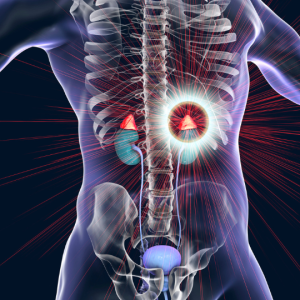
Hematologic Disorders
Hematologic disorders involve abnormalities in the blood and its components. Conditions like anemia result in a deficiency of red blood cells, causing fatigue and weakness. Leukemia, a type of blood cancer, leads to abnormal white blood cell production. Disorders like hemophilia affect blood clotting, increasing the risk of excessive bleeding. Thrombocytopenia, characterized by low platelet count, can lead to increased bleeding and bruising. Comprehensive management often involves medication, blood transfusions, and close collaboration with hematologists for optimal care.
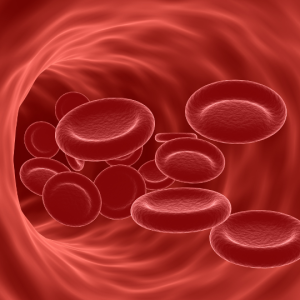
Nephrologic Disorders
Nephrologic disorders encompass a range of kidney-related conditions. Chronic Kidney Disease (CKD) involves a gradual decline in kidney function, often linked to underlying health issues. Acute Kidney Injury (AKI) is a sudden loss of kidney function due to various factors. Nephrotic Syndrome, characterized by proteinuria and edema, signals kidney damage. Kidney Stones, causing pain and potential blockage, and Polycystic Kidney Disease (PKD), involving cyst formation, are also common nephrologic issues.

Neurological Disorders
Neurological disorders encompass a diverse range of conditions affecting the nervous system. Disorders like Alzheimer's disease lead to cognitive decline, while Parkinson's disease involves movement difficulties. Epilepsy causes recurrent seizures, and multiple sclerosis results in damage to the protective covering of nerve fibers. Neurological disorders often impact daily functioning and require tailored treatments, including medications, physical therapy, and supportive care.
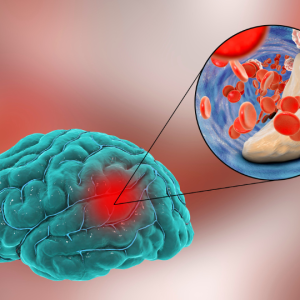
Psychiatric Disorders
Psychiatric disorders encompass a spectrum of mental health conditions affecting thoughts, emotions, and behaviors. Depression, characterized by persistent sadness and loss of interest, is a common disorder. Anxiety disorders, like generalized anxiety or panic disorder, involve excessive worry and fear. Bipolar disorder entails mood swings between depressive and manic states.

